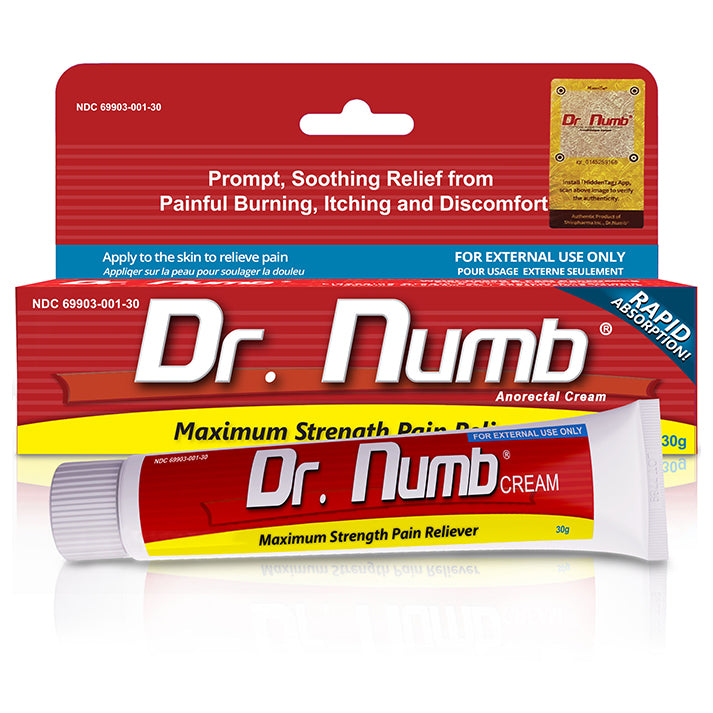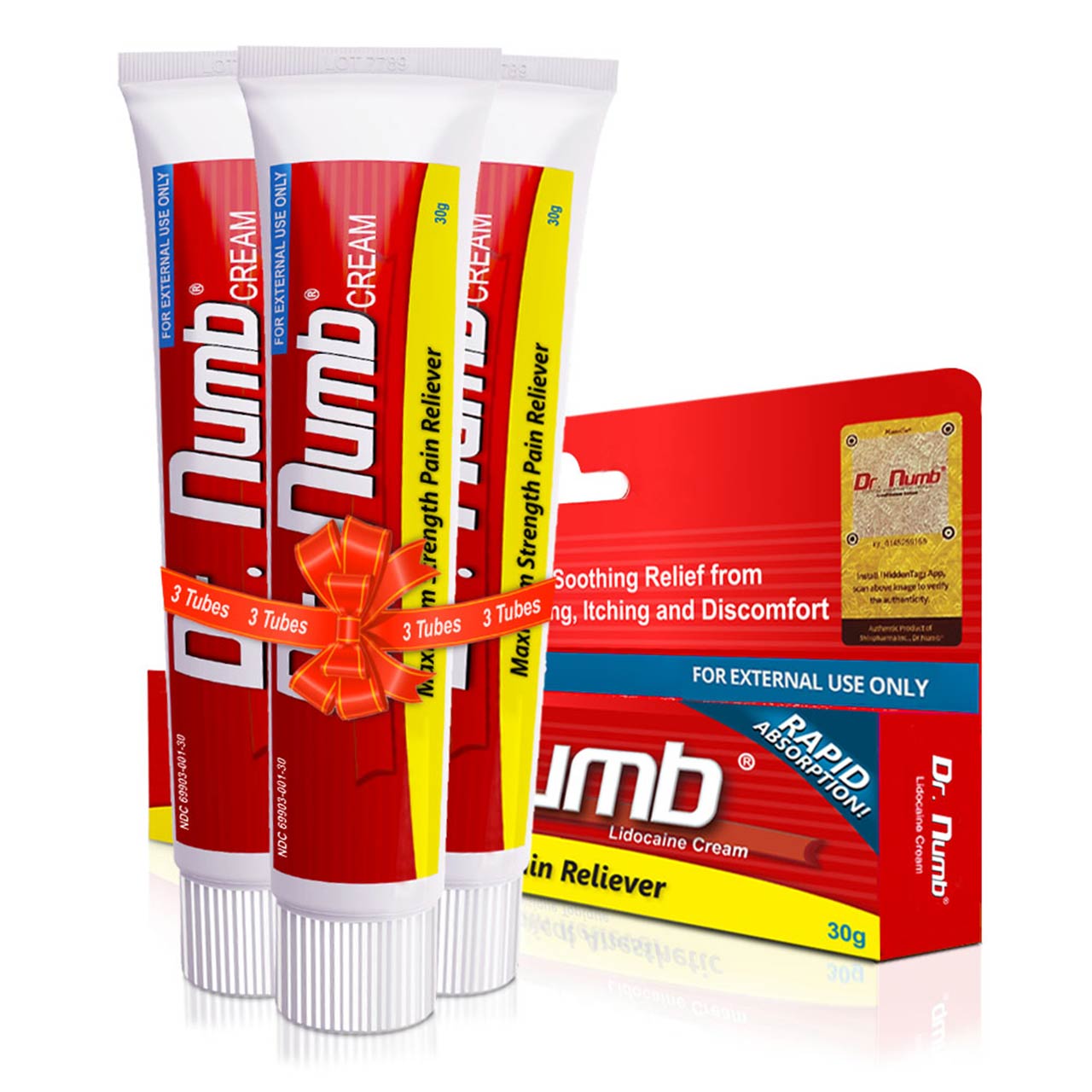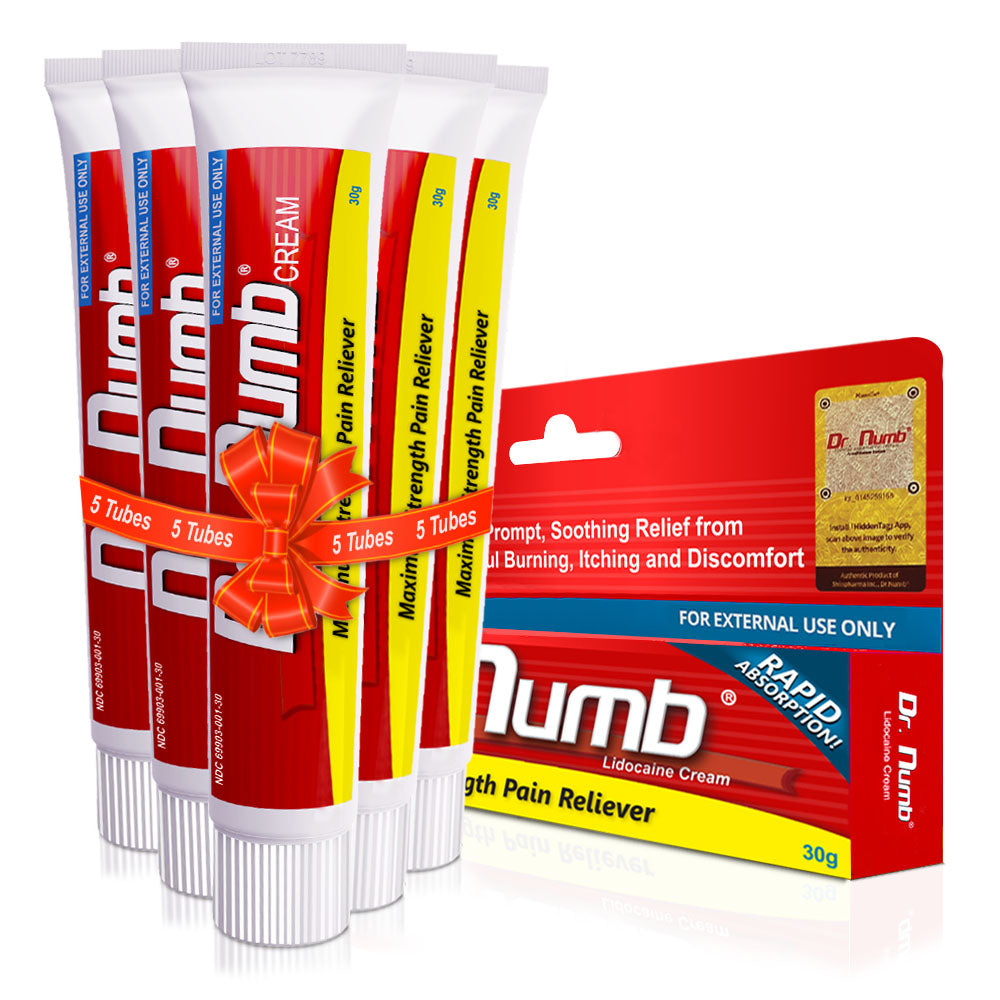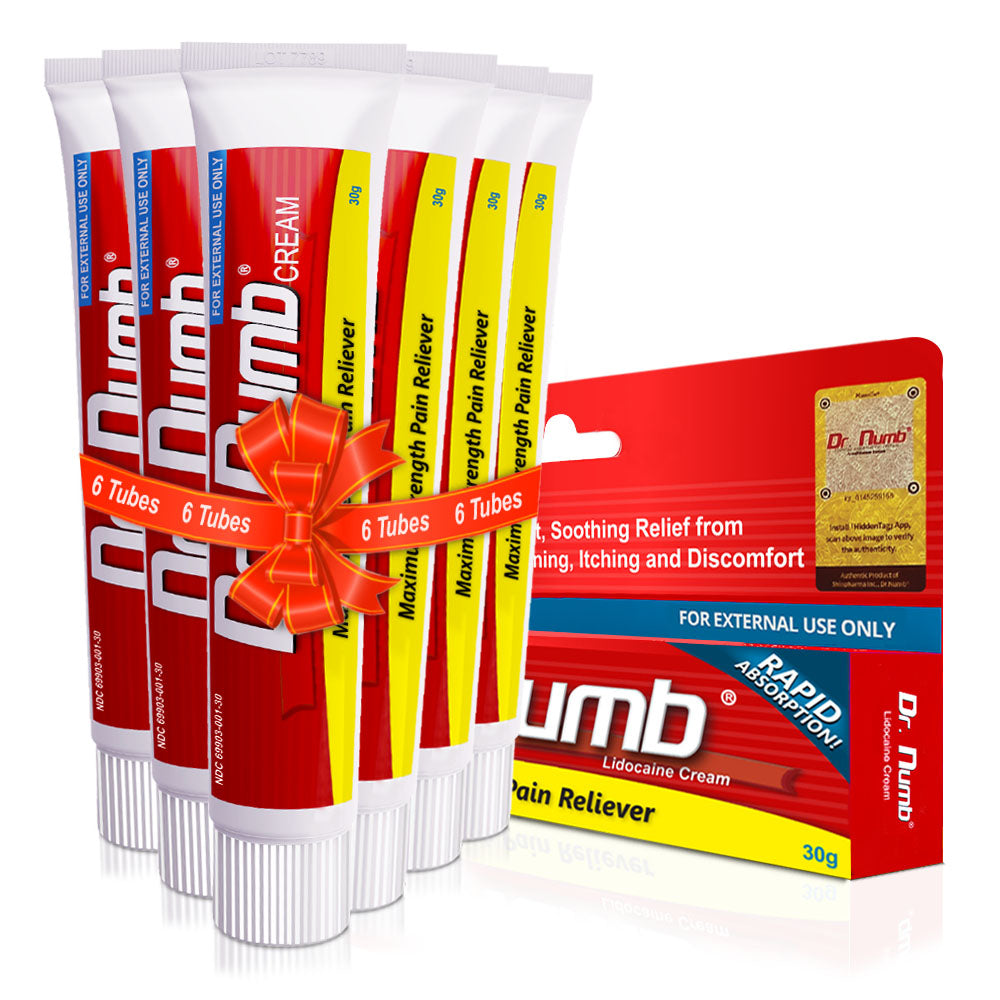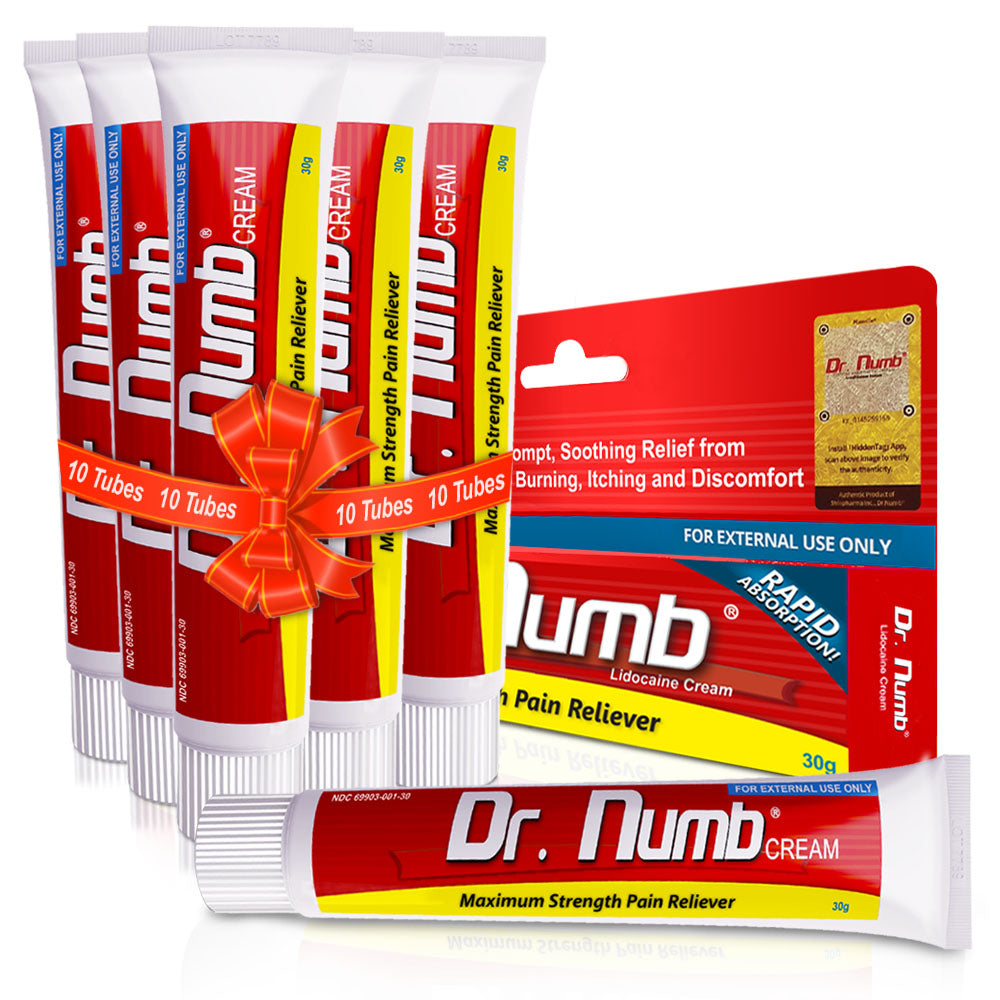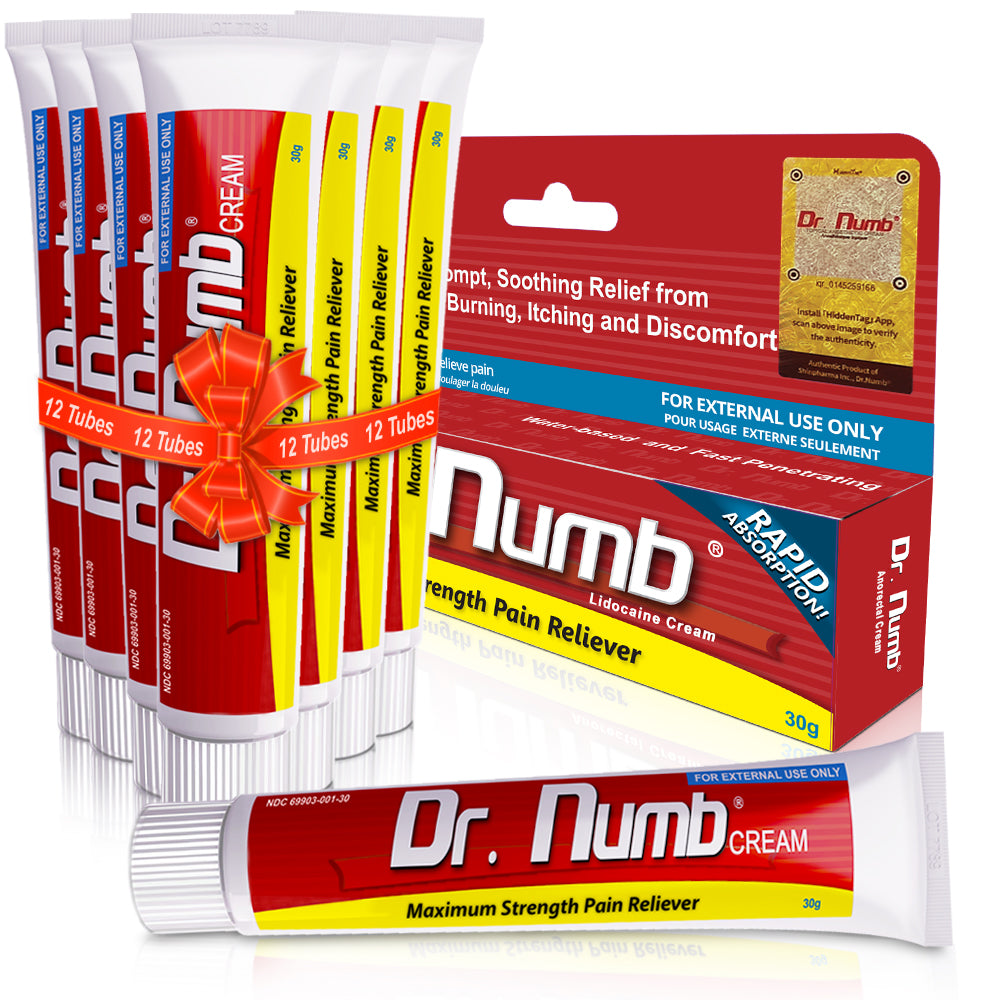Natural remedies like tea tree oil can effectively soothe itching and pain caused by bites or stings. The natural anti-inflammatory properties of this oil can help reduce redness and swelling, and its antiseptic properties can also lower the risk of infection.
It can be applied as a simple treatment by dabbing it lightly on the bite or sting area after adding a few drops to a cotton ball. Repeating this process every couple of hours is recommended to achieve natural relief. Tea tree oil does not need to be diluted. Direct oil application is possible, but if you have sensitive skin, mix one part tea tree oil with one part water.
In this blog post, we will explain how to use tea tree oil for insect bites, give practical tips for treating insect bites, and provide precautions for using tea tree oil for insect bites.
How To Use Tea Tree Oil For Insect Bites: 5 Effective Steps

Insect bites can be painful, but fortunately, the natural healing properties of tea tree oil can provide quick relief. Here are some simple steps to ensure you get the most out of using tea tree oil for insect bites.
Clean the Affected Area
Cleaning the skin is essential before applying tea tree oil to the bite or sting area. Use a gentle soap and water to clean the area around the bite, or use a mild cleaning solution to disinfect the size if necessary.
Prepare the Tea Tree Oil
To avoid irritating sensitive skin, dilute the tea tree oil in equal water. This will minimize the possibility of irritation. Mixing tea tree oil with a small amount of water to cut the fat is possible. The oil can also be combined with carrier oils such as avocado or coconut to provide added benefits.

Apply the Tea Tree Oil
The cotton ball should be dipped into the tea tree oil mixture and dab lightly onto the bite or sting area. Reapply every few hours or as needed until the pain or itching subsides. Avoid getting oil in your eyes, nose, or mouth.
Repeat as Needed
Tea tree oil can be applied every few hours until the bite or sting fully recovers. A tea tree oil treatment cannot replace medical treatment. If you experience signs of severe illness like difficulty breathing, swelling, or nausea, seek medical attention immediately.
Use Tea Tree Oil-Infused Products
Tea tree oil-infused products like creams, lotions, and balms can also provide relief from insect bites. They are easy to apply and can be used in larger areas of the skin. Be sure to look for products that contain tea tree oil in high concentrations for better results.
9 Precautions When Using Tea Tree Oil for Insect Bites

Tea tree oil's antiseptic and anti-inflammatory properties make it an effective treatment for mosquito bites and other insect bites that cause itching, redness, and swelling. Tea tree oil can be used for insect bites, but certain precautions must be taken, as with any natural remedy.
- Skin Sensitivity: It is recommended to patch test before using tea tree oil in more significant amounts since some individuals may be allergic or sensitive to it.
- Always Dilute: Tea tree oil is highly concentrated, and using it undiluted can lead to skin irritation or burning. Dilute tea tree oil with coconut or olive oil before applying it to the skin.
- Do Not Ingest: Tea tree oil is meant for external use only. It should never be ingested, as it can cause nausea and other serious health problems.
- Keep Away from Eyes: Tea tree oil is not meant to be applied near or on the eyes. It can cause irritation and even temporary vision loss if it comes into direct contact with the eyes.
- Do Not Use on Infants: Tea tree oil should not be used on infants under six months of age. Because of their delicate skin, infants can be more sensitive to the powerful properties of tea tree oil.
- Not for Pregnant Women: Pregnant or nursing mothers should consult their physician before using tea tree oil, as its effects on these groups have not been thoroughly studied.
- Use Tea Tree Oil According to Instructions: Always follow the instructions on the bottle of tea tree oil. Stay within the recommended dosage to avoid side effects.
- Do not use on broken skin or open wounds: Using tea tree oil on wounds can increase infection risk and cause further irritation. Apply the oil after your skin has healed.
- Do not use on children under 6 years old: Tea tree oil can be too intense for children under 6 and may cause skin irritation. If your child gets an insect bite, it's best to use other remedies or consult a doctor before applying tea tree oil.

Conclusion
Natural tea tree oil can treat many skin conditions, including insect bites. Its anti-inflammatory and antiseptic properties make it a great alternative to traditional treatments, making it an essential component of first aid kits.
Tea tree oil's cooling effect can relieve and soothe the skin, making it a top choice for those who want a natural solution to bug bites. So next time you struggle with the symptoms of an insect bite, consider using tea tree oil to find relief and get back to enjoying the great outdoors.

![The 5 best ways to use tea tree oil for insect bites [with 9 precautions]](http://drnumb.com/cdn/shop/articles/How_To_Use_Tea_Tree_Oil_For_Insect_Bites__5_DIY_Steps_Natural.jpg?v=1705572125&width=1100)

